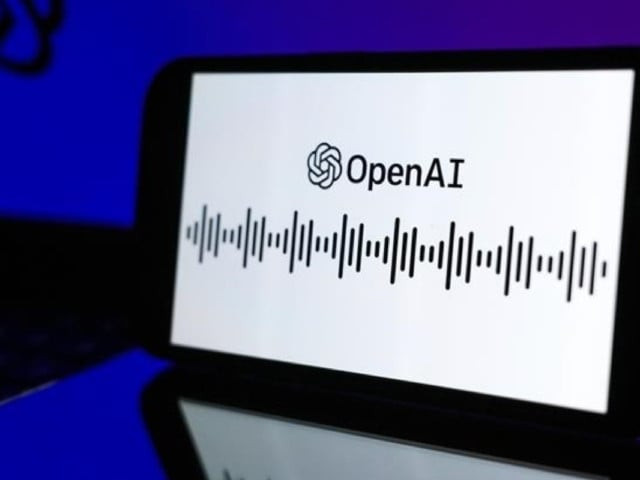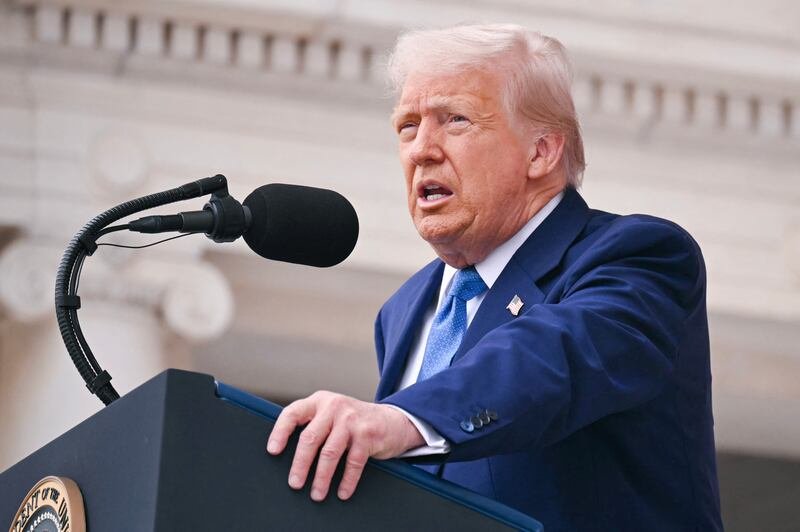—
## The Future of AI Chips: OpenAI’s Bold Move
In the ever-evolving world of artificial intelligence, a major shift is happening. OpenAI has recently announced a significant $10 billion investment deal with Broadcom, an American semiconductor firm, aiming to create its own custom AI chips. This strategic partnership aims to cut down OpenAI’s dependence on Nvidia, which has been the gold standard for high-performance AI processors for quite some time.
The plan is straightforward but ambitious. By developing its own chips, OpenAI hopes to enhance its internal capabilities—specifically for training and running AI models like ChatGPT. The anticipated chips are set to hit the market next year, marking a new chapter in AI technology. This move not only gives OpenAI more control over its resources but also positions Broadcom as a major player in the semiconductor landscape.
Until now, Nvidia has dominated the chip market, supplying a majority of high-performance processors to cloud computing giants like Amazon Web Services, Google, and Microsoft. Recently, Oracle even announced a staggering $40 billion investment in Nvidia chips for a new data center tied to their “Stargate Project,” an initiative aimed at expanding AI computing infrastructure.
With other tech giants like Google and Amazon also starting to develop their own AI chips, it’s clear that the industry is honing in on diversifying chip supply chains. This growing competition is crucial for improving efficiency and reducing costs—key factors for companies looking to innovate in AI.
Despite the talk of new players entering the field, Nvidia’s performance tells a different story. The company recently reported a 56% rise in quarterly sales, which highlights just how much demand there still is for their chips. Plus, there’s talk of trade restrictions easing for Nvidia, which could open up new international markets for their technology.
So, what does this all mean for the future of AI? It suggests a rapidly evolving landscape where companies are not just consumers of technology but also innovators in their own right. OpenAI’s move to design its own chips could pave the way for more tailored AI products, potentially leading to better performance and increased accessibility in the long run.
If you’re looking to stay updated in the world of tech and AI, consider connecting with us at Pro21st. We’re here to share insights that keep you at the forefront of innovation!
—





